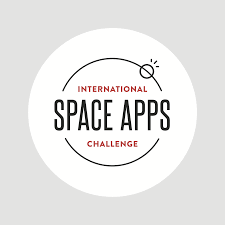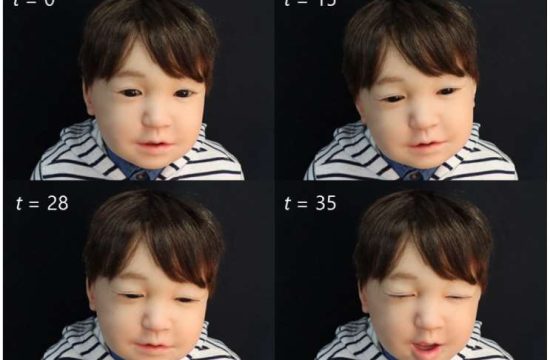 Kathmandu– The International Space Apps Challenge (ISAC) hackathon was held in Kathmandu for the fourth time from 23 to 24 April 2016. The event was organized by SERVIR Hindu Kush Himalaya programme of ICIMOD and the Renewable Energy for Rural Livelihood (RERL) programme of the Alternative Energy Promotion Centre (AEPC) in collaboration with YoungInnovations. It was supported by Robotics Association of Nepal (RAN), Women Leaders in Technology (WLIT) and CSIT Association of Nepal (CSITAN).
Kathmandu– The International Space Apps Challenge (ISAC) hackathon was held in Kathmandu for the fourth time from 23 to 24 April 2016. The event was organized by SERVIR Hindu Kush Himalaya programme of ICIMOD and the Renewable Energy for Rural Livelihood (RERL) programme of the Alternative Energy Promotion Centre (AEPC) in collaboration with YoungInnovations. It was supported by Robotics Association of Nepal (RAN), Women Leaders in Technology (WLIT) and CSIT Association of Nepal (CSITAN).
This year the hackathon was held in more than 160 locations around the world. The event brought together young and creative minds to find innovative solutions to global challenges.
The International Space Apps Challenge is an international mass collaboration focused on space exploration that takes place over 48 hours in cities around the world. The event embraces collaborative problem solving with the goal of producing relevant open-source solutions to address global needs applicable to both life on Earth and life in space. This was the fifth time it was organized worldwide. This year there were over 28 challenges in six areas: Technology, Aeronautics, Space Station, Solar System, Earth, and Journey to Mars. NASA is leading this global collaboration along with a number of government collaborators and around 200 local organizing teams across the globe. In addition to the global challenges, RERL/AEPC and ICIMOD provided six local challenges. The challenges focused on finding innovative ways to improve the energy sector and disaster prevention in Nepal.
This year we had 63 participants (53 male and 10 female) in ISAC Kathmandu. They included beginners as well as experts in the field of technology. The participants formed 16 teams; 10 of them worked on global challenges while the remaining 6 addressed the local challenges.
This year ‘Smart Nepali’, ‘API’ and ‘Visually (IM)paired’ won the first, second and third prizes respectively. The prizes were worth NPR 30,000, NPR 20,000, and NPR 10,000 respectively. Team ‘Smart Nepali’ worked on the local challenge set by ICIMOD, which involved developing a prototype system for landslide early warning detection. Team ‘API’ developed an easy-to-use mobile-based offline data collection survey tool – a challenge set by RERL/AEPC. Team ‘Visually (IM)paired’ came up with a hardware gadget – a glove that can assist visually impaired people in reading, typing and navigation.
Teams ‘Visually (IM)paired’ and ‘Kaaikaas’ have been nominated for Global Judging this year. ‘First Attempt’ won the People’s Choice Award and has also been nominated for the International People’s Choice Award. The team developed a smartphone app and a website that provide livelihood-related information and resources.Kaaikaas has built a simulated 3D model of Mars terrain which can be viewed using VR gears like Google cardboard.
Dr Eklabya Sharma, Director of Programme Operations at ICIMOD, said the hackathon encouraged young minds to find creative solutions to challenges faced by our society. He expressed his interest in supporting relevant proposals in areas that ICIMOD works in, such as climate change and disaster response. Satish Gautam, National Programme Manager at RERL/AEPC, shared his enthusiasm for collaborating with the teams to come up with innovative solutions to problems in Nepal. Bibhusan Bista, CEO of YoungInnovations, expressed his appreciation for the public-private partnership that had made the event possible and encouraged participants to utilise the opportunity for a bigger and better purpose.
We are delighted with the partnership and participation this year and hope to organize the event in the coming years as well.








